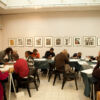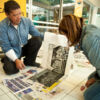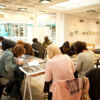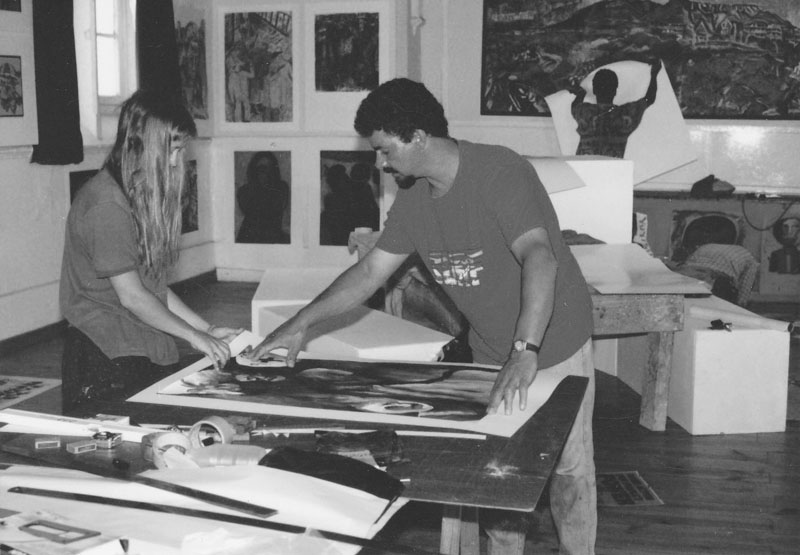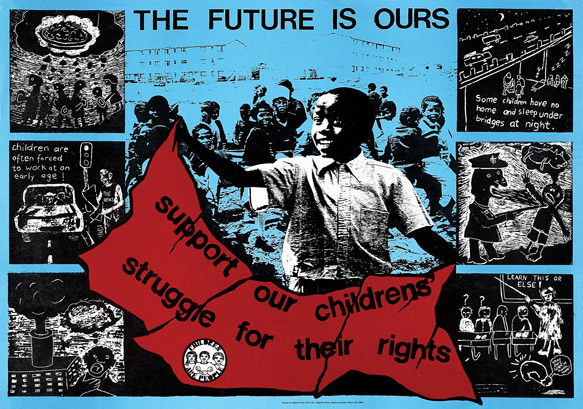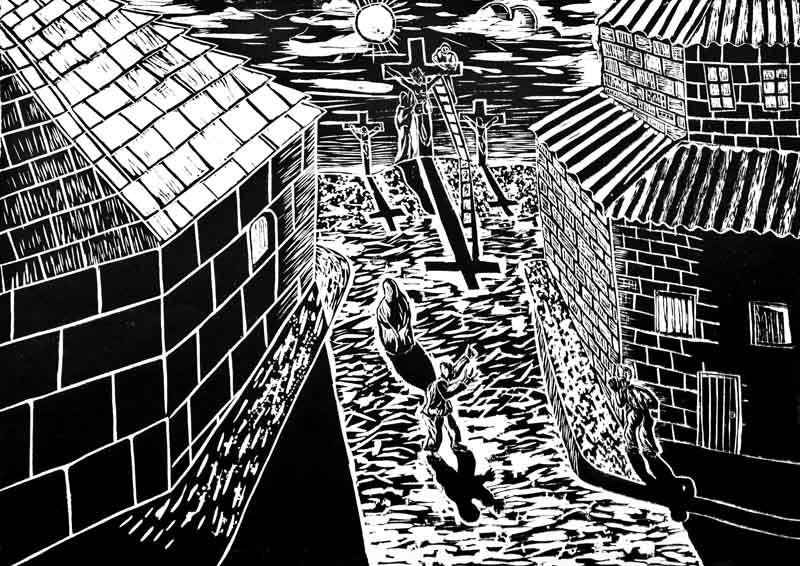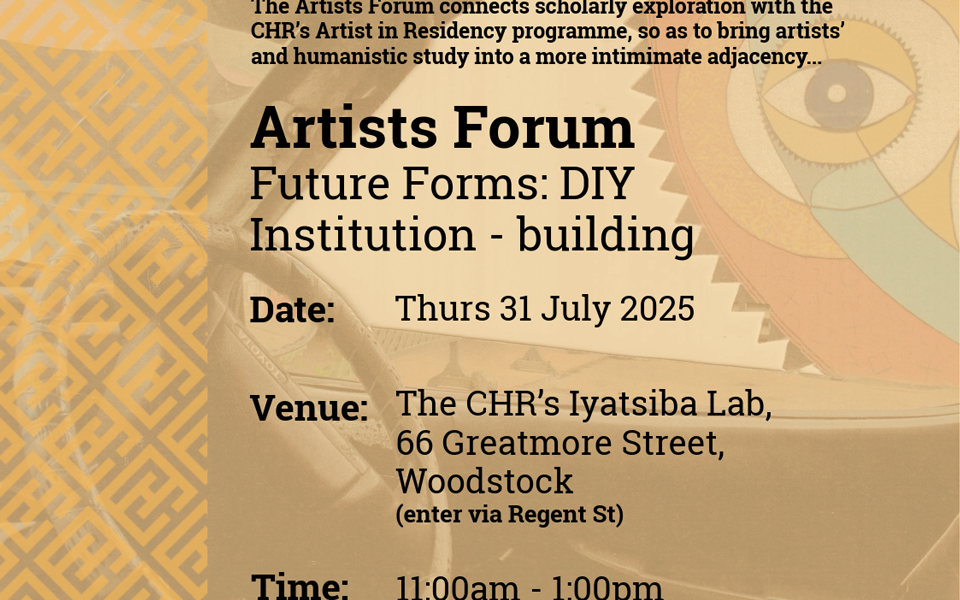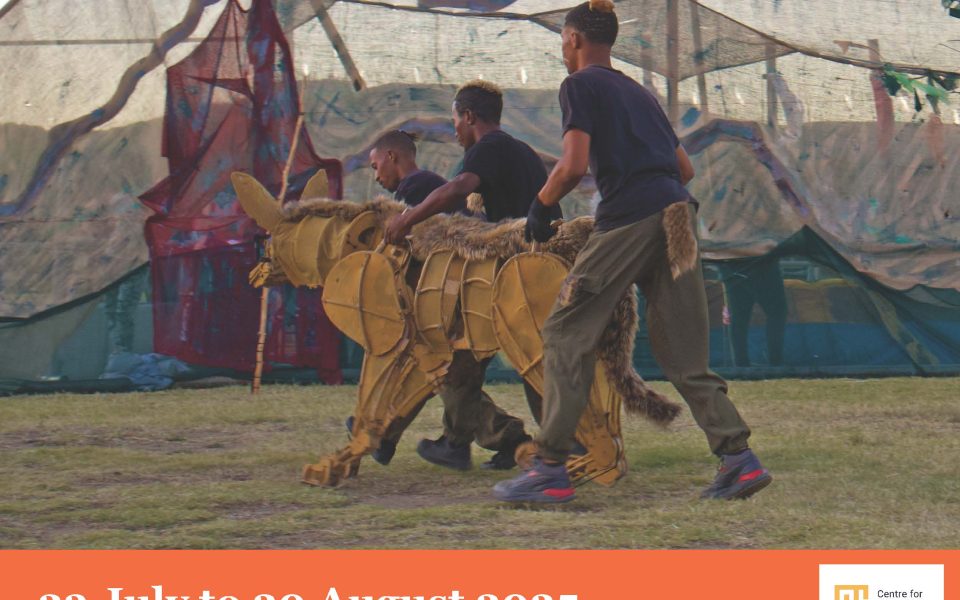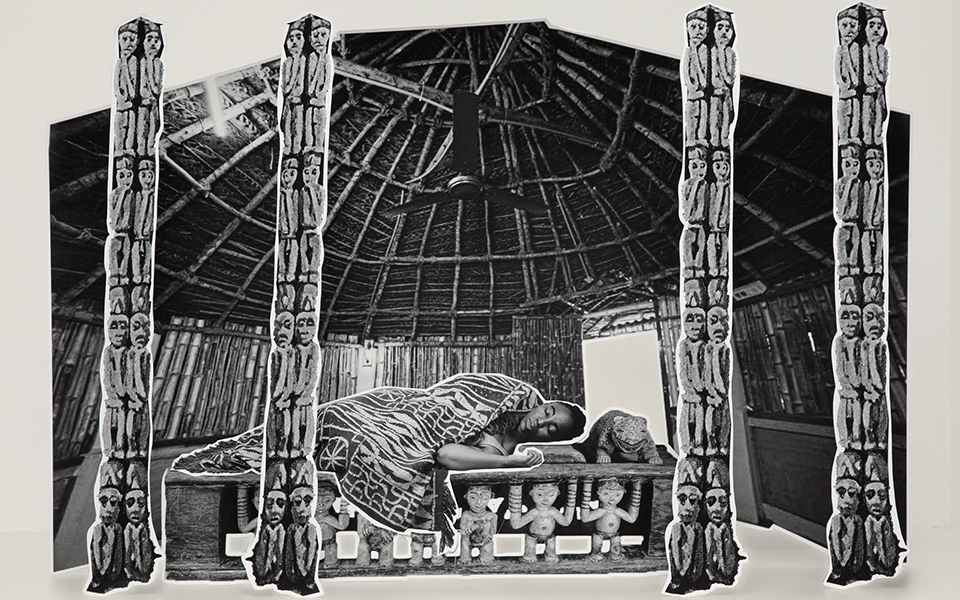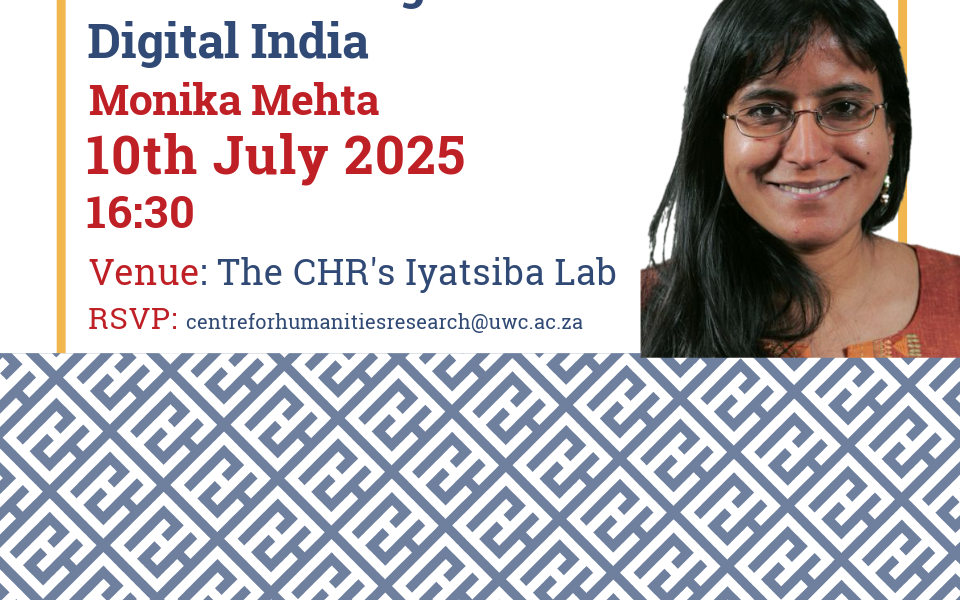Uncontained: Opening the Community Arts Project Archive

Art.b Gallery, Bellville, 8 May – 18 June 2012 Iziko South African National Gallery, Cape Town, 18 August 2012 – 12 April 2013
The CHR at UWC is a major research platform dedicated to the reconstitution of the study of the humanities in Africa. A strong focus of the CHR is the platform on aesthetics and politics, which aims to foster debates on artistic production and the arts in education, and to elaborate new concepts for research. In keeping with its thematic concerns, the CHR acquired an important and historic body of artworks in 2009 – the Community Arts Project (CAP) Collection.
The Project:
The Community Arts Project (CAP) was established in 1977 in the wake of the student uprisings of 1976, which sparked the final chapters in the revolt against apartheid. Those involved in its establishment were mainly academics from the Michaelis School of Art, University of Cape Town (UCT), South African Institute of Race Relations (SAIRR), South African College of Higher Education (SACHED) and UCT’s Extra-Mural Studies Department.
CAP was initially housed at 17 Main Road, Mowbray, Cape Town, but moved to the old St Philip’s School (now the Lydia Williams Centre for Memory) at 106 Chapel Street, District Six, in 1982. CAP was a non-racial organisation, with members from across the apartheid divide and from various social layers. However, its particular mission was to provide accommodation, facilities and training in the arts for artists and learners marginalised under apartheid, and to develop the cultural voice of Cape Town’s oppressed communities.
During the liberation struggle in the 1980s, CAP played a prominent role in shaping the notion of ‘culture as resistance’ to apartheid and the idea of people’s culture. In 1982 CAP participated in the historic Botswana Arts Festival in Gaborone, after which CAP members regarded themselves as cultural workers rather than artists. This new identity was adopted to reflect their involvement with the political and social concerns of communities and their organisations, and their intent to make work that upheld the interests and political aspirations of the oppressed.
After the advent of democracy in 1994, CAP transformed from a training organisation, and home for artists, into a more formally constituted education NGO for unemployed adults and youth.
Twenty-five years after the establishment of CAP, the organisation and its offspring, Media Works, which produced resistance posters, amalgamated to form AMAC (Arts and Media Access Centre), located in central Cape Town. As with CAP, AMAC’s goal was to empower people from marginalised communities through training in the arts and media. When AMAC closed its doors in 2008, it brought an end to a chapter in South African cultural history characterised by a firm commitment to, and belief in, the idea that the arts had a vital role to play in the humanisation of disadvantaged people.
The Archive:
Curated by Emile Maurice on behalf of the CHR, ‘Uncontained: Opening the Community Arts Project Archive’ was an exhibition of prints selected from the CAP Collection, which represents a world of creativity far removed from mainstream culture. Consisting of an estimated 3,500 works by various artists, some of whom are unknown by name, it is a particularly important collection because it contributes to understanding the cultural, social and political consciousness of the Western Cape, and the heritage of the region.
CAP is well-known for its resistance posters, particularly those produced in the 1980s and early 1990s by various organisations linked to the liberation movement. These posters form a core component of the CAP collection. The collection, however, also consists of other bodies of visual work, including prints, paintings, drawings, sculptures and photographs.
The exhibition, ‘Uncontained: Opening the Community Arts Project Archive’, introduced the linocuts from the collection, a medium intimately associated with both the now defunct community arts project movement and the history of modern black art practice in South Africa. The title of the exhibition literally referred to the unpacking of the works from boxes, and to the opening to the public of a collection of artworks that had largely lain dormant in the storerooms of CAP and its offshoot, the Arts and Media Access Centre (AMAC). It also referred to the re-activation of the CAP Collection from its neglect by mainstream cultural history. Most of the prints on exhibition were from the turbulent 1980s, the decade marked in history as the final push against apartheid in South Africa. Overall, ‘Uncontained’ offered a complex narrative about human experience, imagination, and social, personal and political relations in the world of apartheid and its aftermath.
Workshops:
Besides the panel discussion at Iziko South African National Gallery on 16 February 2013, the public programme accompanying the exhibition, ‘Uncontained: Opening the Community Arts Project Archive’, also consisted of workshops and public tours at both Iziko South African National Gallery, Cape Town, and Art.b Gallery, Bellville.
Gallery
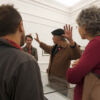





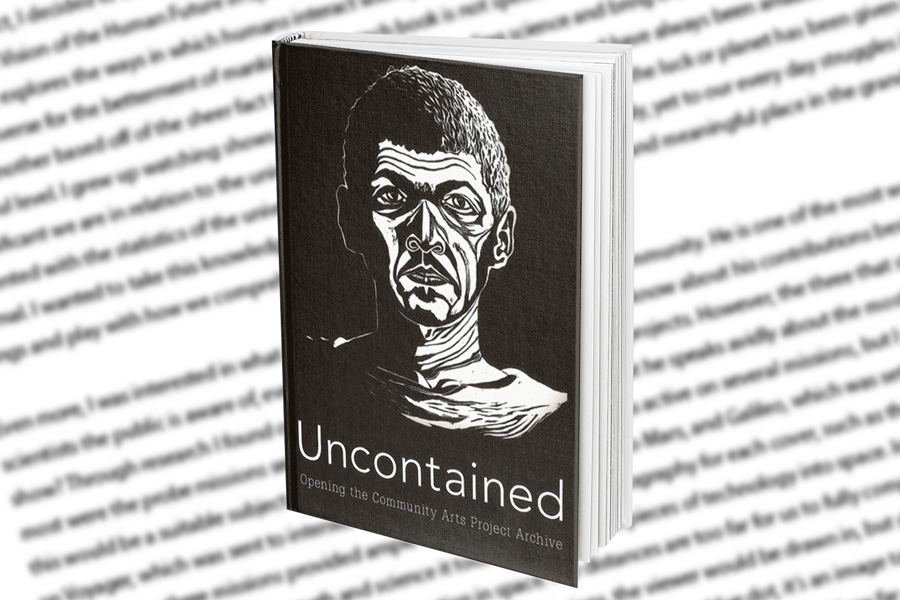
The Book:
The exhibition, ‘Uncontained: Opening the Community Arts Project Archive’, was accompanied by a book of the same title, and was the outcome of a writing project on the CAP Print Collection, initiated by the CHR. Edited by Heidi Grunebaum and Emile Maurice, the book comprises contributions by 31 authors from universities, cultural organisations and NGOs. Each author was invited to write a ‘thought-piece’ on a particular set of artworks from the CAP Print Collection. The texts offer a variety of approaches and perspectives and, in different ways, are all contributions to re-vitalising the question of the human condition that remains at the heart of current-day post-apartheid society.


